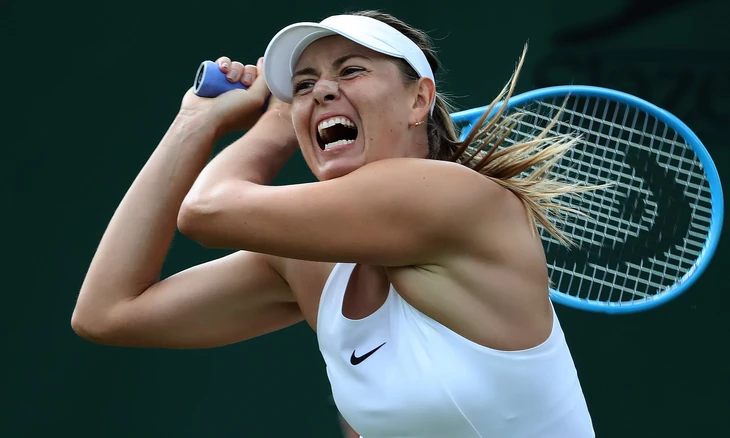
Sharapova is famous for her beauty and voice - Photo: REUTERS
What are the benefits of screaming like Sharapova?
Some people think that is the competitive identity of the most attractive tennis player on the planet, while many others criticize Sharapova for "tricks" and trying to distract her opponents.
However, the story does not stop at the feeling on the field but also involves performance and respiratory factors when playing sports .
Many sports science studies around the world show that emitting short, strong sounds at the right time when exerting force can bring real benefits.
Dr. Glenn Fleisig of the American Sports Medicine Institute (ASMI) said that shouting helps increase abdominal pressure, helps stabilize the trunk and "push force" out to the wrist or forearm better.
This technique has a long history in martial arts, known as “kiai” (power scream), and is taught as part of a breathing exercise to enhance energy metabolism.
A study by the University of Nebraska (USA) published in 2022 also showed that tennis players who make loud noises at the right time when swinging their rackets can increase the ball's speed by about 3-5%. This shows that screaming does not only come from psychology or personal habits.
In terms of sports psychology, screaming helps relieve stress and reduce neck and shoulder stiffness. Competition psychologist Christine Carter of the US Tennis Academy analyzes that screaming creates a feeling of “energy release” and helps players maintain a steady breathing rhythm, thereby avoiding mental pressure.
When players are too quiet, it is easy to hold their breath and tense their muscles, reducing performance. In addition, shouting also increases assertiveness, especially for beginners who often lack confidence.
There are also many downsides.
However, the most controversial aspect is the impact on opponents and the playing environment. In many International Tennis Federation (ITF) meetings, sound experts have pointed out that shouting at over 90 decibels can mask the sound of the ball hitting the racket, making it difficult for the net player to judge the spin or speed of the ball.
Legend Martina Navratilova once told ESPN that screaming too loudly “is a form of psychological trick”, while Roger Federer said it “blurs the audio signal” and slows down reading situations.
However, the ITF has not yet issued a specific ban because it is difficult to determine the boundary between natural and intentional.
In a public playground setting at a park or community center, shouting can cause minor conflicts due to noise pollution.
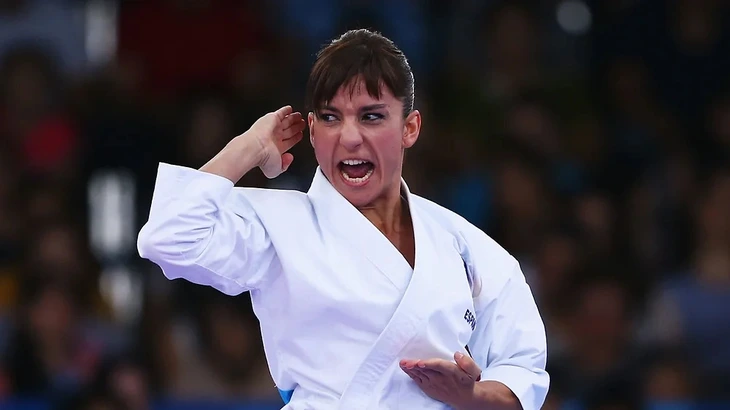
Martial arts also value screaming - Photo: PA
Sports sound expert Dennis Smalley said that shouting over 70 decibels in open spaces can easily cause discomfort to people around, especially in densely populated areas.
This makes emulating Sharapova's style in the amateur arena unreasonable and easily offensive, especially when the main goal of the training sessions is to maintain health and connect with the community.
From a health perspective, constant shouting can cause vocal cord inflammation if the player lacks proper breathing technique or intentionally strains the voice.
A school otolaryngologist in Tokyo, Japan, says many young athletes suffer from laryngitis after intense training periods accompanied by prolonged shouting, especially those who have not yet developed the ability to coordinate their breathing. Therefore, coaches always recommend shouting short, full breaths, and not raising the voice.
From the perspective of sports culture, many experts believe that the most important thing is the spirit of respect for the other person.
Coach Darren Cahill, who once coached Simona Halep, told Eurosport that screaming becomes offensive “when it goes beyond the natural role of breathing and becomes a psychological weapon”.
Source: https://tuoitre.vn/co-nen-het-to-nhu-sharapova-khi-choi-the-thao-20251103223727816.htm
















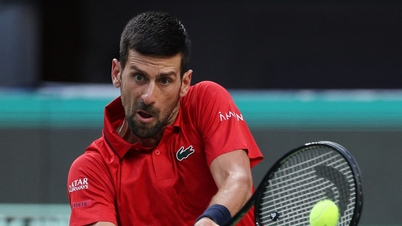
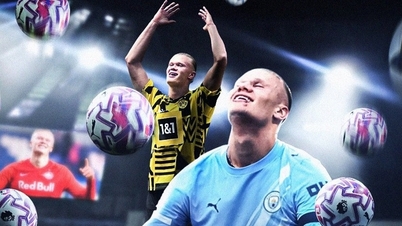





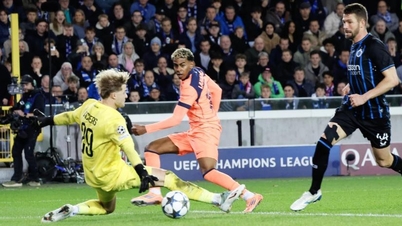
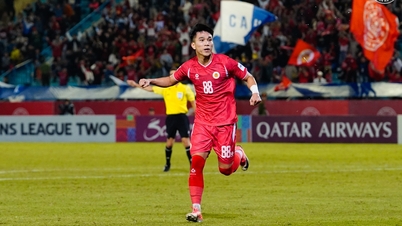
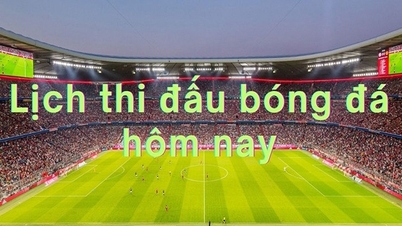




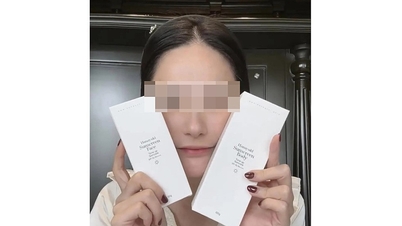

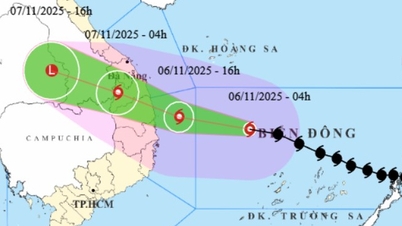
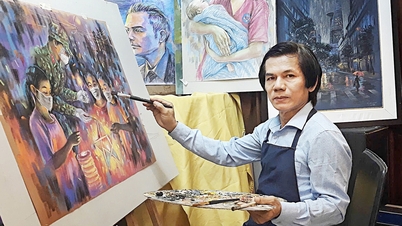
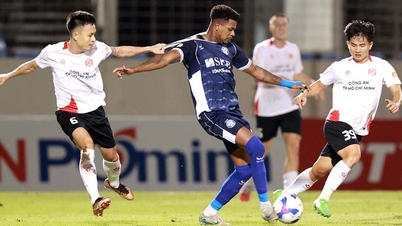


![[Photo] Panorama of the Patriotic Emulation Congress of Nhan Dan Newspaper for the period 2025-2030](https://vphoto.vietnam.vn/thumb/1200x675/vietnam/resource/IMAGE/2025/11/04/1762252775462_ndo_br_dhthiduayeuncbaond-6125-jpg.webp)
![[Photo] Opening of the 14th Conference of the 13th Party Central Committee](https://vphoto.vietnam.vn/thumb/1200x675/vietnam/resource/IMAGE/2025/11/05/1762310995216_a5-bnd-5742-5255-jpg.webp)





































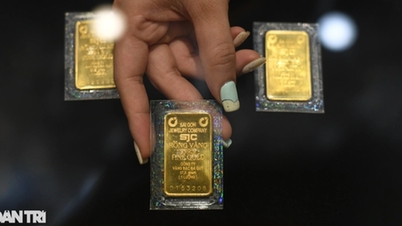
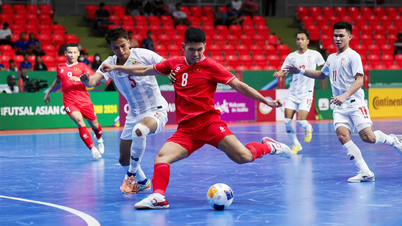










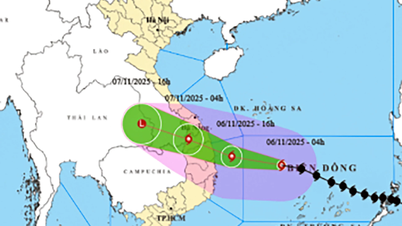

























Comment (0)